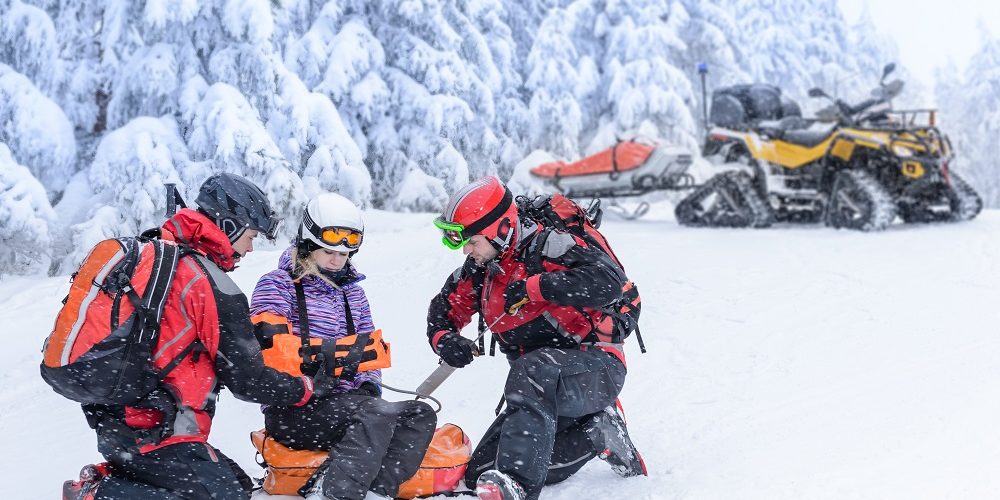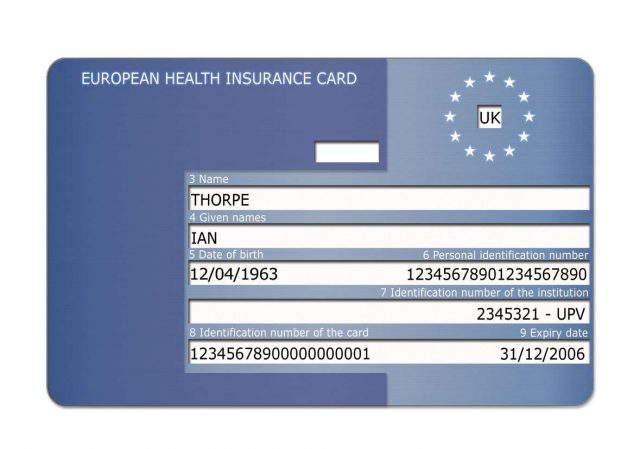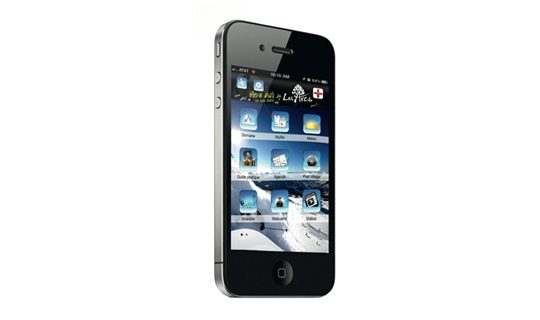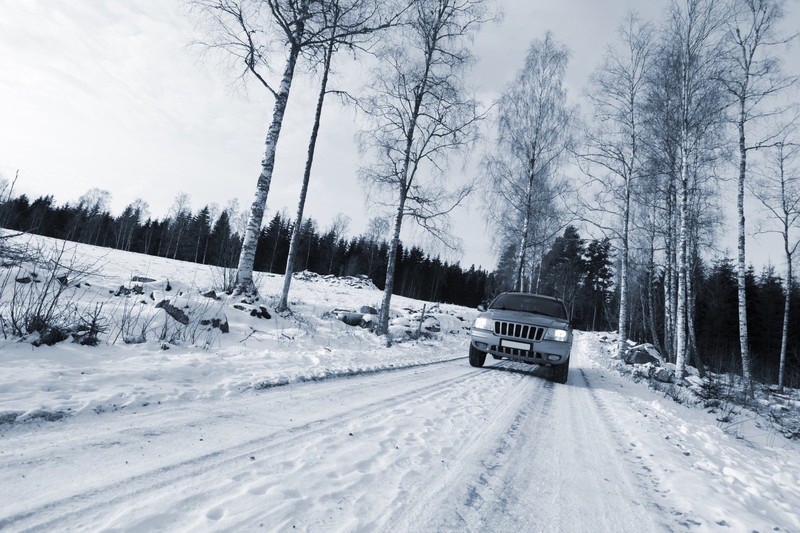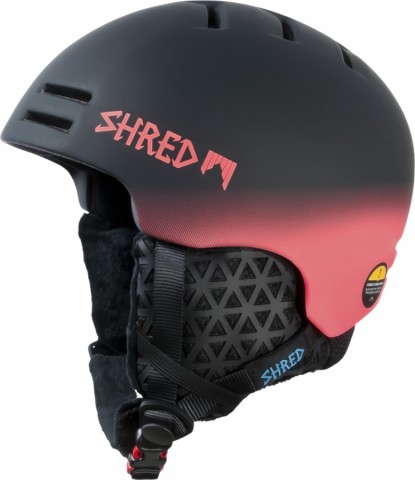We’re often told of the importance of taking out travel insurance and for skiers and snowboarders this is, of course, doubly important if you have an accident on the slopes.
As skiers and snowboarders we are also often warned by travel industry experts to make sure that whatever insurance we do take out is adequate, particularly that it covers off for heading off piste, or indulging in non-ski active activities like tubing or tobogganing.
And we are warned not to rely on the free cover provided by the European Health Insurance Card (EHIC).
The advice is to ”check carefully” and “seek expert advice” before deciding which policy to take out.
But there remain several problems…
- All the policies claim to be good and with a quick glance from a non-expert eye, seem to be good.
- There are hundreds to choose from.
- To a large extent you don’t really know exactly what aspect of the insurance you’ll need until you need it.
- As many trusted company names are now just ‘brands’ of anonymous finance houses it can be hard to know who to trust.
- Our lives are too busy to spend time consulting with experts of reading small print for something we hope we’ll never need.
One InTheSnow reader who wishes to remain anonymous did recently have an on piste accident and had to make a claim on her travel insurance.
She wanted to let other skiers and boarders know about her experience, and provided a helpful bullet-pointed list of practical points on what to be aware of on the basis of her experience.
“I had a fall while skiing before Christmas, what appeared to other skiers to be an insignificant fall turned out to be a fractured hip.
“When we got home our insurance company did pay out for most of the financial costs we faced because of my accident, but not for my husband’s taxi to and from the hospital the cost was over €575. That was with him just get a taxi back from the hospital, visiting me the first day to bring me medications, wash stuff and nightwear, but then not visiting again until he came to collect me for repatriation.”
“If it wasn’t for the insurance company paying compensation for the days I was in hospital and unused holiday, we would have been massively out of pocket and I would like to share what I learnt post-accident in the hope that my experience could help others to be more prepared than I was.”
My Accident
It doesn’t matter how the accident happened, all I can say is it was not spectacular.
It was icy and I fell.
As I lay on a French medical centres X-ray table I was expecting the doctor to say that it’s a bruise. What she actually said was that I had broken my hip. Lucky for me she spoke some English.
I just want to share some of the lessons I learned.
1 Confirm Numbers from the Start of your holiday.
It often no good taking the rest of your group’s phone numbers unless you text them your number, as when you can’t get hold of your husband and try another member of your group the person you are calling may ignore your call as they don’t have you in their contact list.
It took me four calls before I got someone to tell my husband that I was in the medical centre.
2. Be prepared for translation.
If you don’t have one already, before you leave home put a translation app on your phone, as it can take ages to download when you are aboard, and you desperately need to understand what the anaesthetist is saying to you.
I found Google translate good and it was free to download.
3. Charge up.
Make sure your phone is full charge and switched on before you get on the snow.
4. Carry access to money.
I always used to make sure I had enough money on me for a couple of cups of coffee.
But I would advise you to put your credit card in your wallet in ski jacket, just in case you need.
5. Always carry your EHIC card with you on the slopes in Europe.
if you are going to Europe have your EHIC card to wallet in your jacket – it may not be enough to have it in your hotel room.
6. Carry your driving licence too.
If you have been injured it’s a good proof of identity and has your address on it.
Post injury it might be difficult for you to write down your address. I had to try to write mine down in the ambulance while laying flat on back in a special brace stretcher.
“If it’s not you that is injured you might want to hire a car. The hospital that I was taken to was over an hour away from the resort that we where staying at and taxi fares proved very expensive,”
If you have forgotten to take your licence it seems that DVLA might be willing to email the car rental company the details they need to know. It then depends on the car rental company if they will allow you to hire a car. This was the first skiing trip that my husband had not taken his driving licence and as it turn out there wasn’t a car rental company anywhere near.
7. Hold on to your phone.
I foolishly gave my to my husband to hold as I was been taken out of the Ambulance.
Only to find that I was taken to the A & E department and my husband was taken somewhere else. This is when having held on to my phone and having a translation app would have really helped.
“By this time I really, really needed to have a wee! Trying to explain this to the nurse as she couldn’t speak English and I wasn’t very good at French was difficult. But after a little while I did manage to get her to understand what I need to do.”
And with a bit of charades type sign language she retrieved my phone.
8. ICE (not the stuff I slipped on).
ICE (In Case of Emergency) should be located in the contacts section of your mobile phone.
ICE can be accessed from the front screen of your phone without the phone being unlocked.
You can select contacts to be called in emergencies and add personal information.
I had my four drug allergies and my blood group on mine.
9. Write down and take a picture/ or email yourself a list of your medical history and regular drugs.
(this and ICE are just as useful if you find yourself in A &E in the UK.)
10. If you wear them, put a pair of your reading glasses in the pocket of your ski jacket. I always take two pairs on holiday with me just in case.
11. Of course you wouldn’t leave home without having travel insurance. Would you?
12. Always wear a helmet. I was fortunate not to have to have hit my head but it does happen and with very tragic consequences.
13. PAIN if you fall and are in a great deal of pain, have enough faith in yourself to say that you need be given some medical attention. I was encouraged to get up and put my skis on even though I said I was in a lot of pain. I ended up, skiing and slip sliding a long way down a icy run. Thankfully I didn’t fall again but it could have much worse than a fractured hip if I had.
14. Receipts. If you or a loved one or another member of your group end up in hospital aboard you will most probably have to pay for the majority of things up front.
My husband had to pay for the X-ray before we left the resort medical centre, the ambulance before we got out of the ambulance and various other things during my stay in hospital. Number your receipts and visa slips so you know which goes with what.
I am not intending to have another accident when I am holiday but I think I will tuck a little stapler in my case in future, as it would have made sorting out the paperwork for the insurance claim much easier.
15. If you have a smart phone, make sure you have your network’s travel Bolt-on package.
We are with O2 and had their O2 travel bolt on which was free with our package, and limited our charges to £1.66 per day for data, calls and text. This meant I was able to use my phone as a wifi hotspot, so I was able to watch Netflix and ITunes on my iPad safe in the knowledge that I wasn’t going to have massive date charges.
16. Know where you’re staying. I would just like to add that having a note of where you are staying on your phone is a good idea as my husband had a blank after coming back from the hospital in the middle of the night. He had to phone three people before someone answered. He had forgotten what the name of the hotel was and what part of the resort it as in.
I had surgery within hours of arriving at the hospital.
In the end I spent a week in a French hospital in Albertville where the nursing staff where very kind but the food wasn’t great. Then I was repatriated back to the a UK hospital via road ambulance as the risks of a deep vein thrombosis where three times greater than normal from flying.
Due to the type of hip fracture I have I will be under orthopaedic team at my local hospital for two years.


